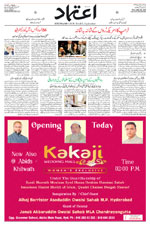Syed Ali Shah Geelani's exit from Hurriyat marks not just sunset of the jihadist patriarch, but likely collapse of the separatist alliance
Wed 01 Jul 2020, 17:56:26
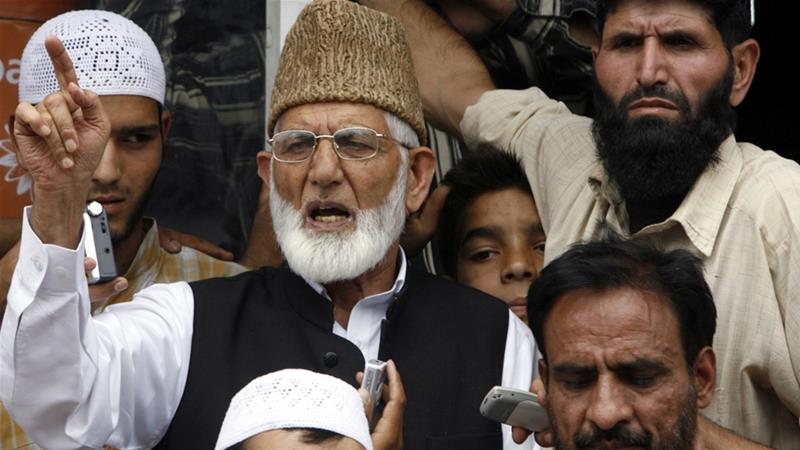
Early one morning in February 1984, Muhammad Maqbool Bhatt showered, dressed and walked to the gallows in Delhi’s Tihar jail, his death transforming the unsuccessful insurgent into a kind of saint for Kashmiri secessionists. The Jama’at-e-Islami's house magazine Azaan, conspicuously omitting the honorific shaheed, or martyr, did not mourn: “a person like him, burdened by the overwhelming force of passion, carries on without making any distinction between the bitterness and sweetness of life, losing the capacity to distinguish between right and wrong”.
The author of that editorial, Kashmir’s Islamist patriarch Syed Ali Shah Geelani, authored his own political obituary on Monday, with a two-page letter — authenticated to News Channel by his grandson Zahoor Geelani and political aide Pir Abdul Rashid — accusing his colleagues in the secessionist movement of treason, and resigning from their ranks.
For two generations of Kashmiri jihadists, Geelani has been the prophet of a blood cult which promised that freedom could be won through the sacrifice of human life. For these young victims, Geelani had words very different from those he used in that 1984 editorial — but their fate, and his, tell that his first instincts were right.
Geelani’s savage attack on his comrades in the Hurriyat comes amidst signs that the project he led is reaching its moment of final collapse. Earlier this year, Hurriyat leaders in Pakistan deposed his chosen nominee, Abdullah Gilani and elected a new shura, or consultative council. The son of Maulana Abdul Wali — a Baramulla cleric close to Geelani, and to his son, Nayeem Geelani — was sacked and replaced with Mohammad Husain Khateeb, even as both sides traded charges of financial misappropriation and incompetence.
The move was read as a signal from Pakistan’s Inter-Services Intelligence Directorate that it no longer trusted Geelani’s Hurriyat — and its armed wing, the Hizb-ul-Mujahideen — to stand at the vanguard of the jihad in Kashmir.
In private, Geelani’s new-generation Islamist protégés — among them, Masrat Alam Bhat and Asiya Andrabi — have let it be known that the 91-year-old Islamist politician was uninterested in building a mass movement against India, and was instead seeking accommodation with the Government to secure the future of his children.
The palace coup appears to have incensed Geelani.
“Last year”, his resignation letter reads, “India cut the occupied territory into two parts, and made our entire nation hostage, so that a Palestine-like genocide could be repeated here. Lawyers, small and big political leaders and students were put into jails outside the state”.
“The leadership that was still free was expected, irrespective of state brutality, to guide our beleaguered nation”, he goes on. “In spite of being imprisoned, I tried to find you, and sent you messages, but you did not respond."
Late in the nineteenth century, Kashmir saw the emergence of a new urban bourgeoisie, drawn from the ranks of the first generation of Muslims to acquire education in British India. In 1899, Srinagar's Mirwaiz Rasul Shah set up the Anjuman Nusrat-ul-Islam with the objective of combating folk Islam. The neo-fundamentalist Jamiat Ahl-e-Hadih made its appearance at around the same time, led by Sayyed Husain Shah Batku, who preached that popular Islam had invited divine wrath on Kashmir’s Muslims.
Saaduddin Tarabali, a protégé of Jamaat-e-Islami founder and ideologue Maulana Abul Ala Maududi, was a product of this climate. His recruits were the educated children of bourgeois families, dismayed by the secularist politics of the National Conference.
Born in 1929 in the north Kashmir village of Zurimanj, the son of a landless labourer, Geelani had cut his teeth in the National Conference. The influential party leader Muhammad Saeed Masoodi treated him as son, and he edited the party newspaper.
As a teacher at a government school in Srinagar’s Rainawari, though, Geelani encountered Maududi’s work for the first time. Islam, Maududi taught, was not just a system of faith, but the foundations of a political order. With his imagination fired by these ideas, Geelani joined the Jama’at. He soon became a core part of its ambitious plans to develop a network of schools that would, as Pakistani scholar Tahir Amin has written, prepare the grounds for a “silent revolution”.
By 1975, when 125 Jama’at-run schools were briefly closed down by the government, they were serving an estimated 25,000 students. The Jama’at believed, writes scholar Yoginder Sikand, and taught “that a carefully planned Indian conspiracy was at work to destroy the Islamic identity of the Kashmiris, through Hindu-ising the school syllabus”.
Political power, the Jama’at hoped, would follow. In 1971, it fought the Lok Sabha election without success, but won state-level representation the next year. Geelani served in the Assembly in 1972, 1977 and 1987.
Indeed, even as the Jama'at developed, worldwide Islamist inclinations started to show themselves in Kashmir as the United States-sponsored and Saudi Arabia-financed jihadists in Afghanistan accumulated energy.
In 1979, the leader of the Jamaat's understudy wing, the Islami Jamaat-e-Tulaba, proclaimed that Indian powers positioned in Kashmir were a "multitude of occupation". Geelani, be that as it may, kept up a productive separation structure these patterns.
"Regardless of whether the abundance of the entire India is placed in my pocket," Geelani guaranteed at a public interview in 2010, "I won't deal away the penances of our saints".
It isn't commonly known, however, that he was a late — and hesitant — convert to jihadism. Indeed, even as late as August, 1989, he went to a gathering called by then-boss priest Farooq Abdullah to think about reactions to the developing
brutality.
brutality.
"I was the main member in the gathering," he stated, "who recommended settling issues through discourse".
Geelani's talk, however, quickly radicalized. In a 1992 meeting, he approached Pakistanis "to stand up positively and help their Kashmiri brethren in their activity of jihad". In a 1998 book, he proposed that Kashmir's withdrawal for India was fundamental for the endurance of Islam in the locale. For Muslims to live among Hindus, he contended, was as troublesome as "for a fish to remain alive in a desert".
From the mid-1990s, as the Kashmir jihad crumbled, Geelani ended up progressively conflicted in relation to the Jama'at majority. In 1997, the then-Jama'at boss Ghulam Muhammad Bhat required a conclusion to the "weapon culture" — an announcement currently referred to have occurred as a feature of a mystery exchange process between India's insight administrations and the secessionists.
After three years, protester Hizb-ul-Mujahideen officer Abdul Majid Dar announced a one-sided truce. In spite of the fact that the truce self-destructed, the Jama'at itself kept on underestimating Geelani. In May 2003, Jama'at moderates drove by Bhat's replacement, Syed Nasir Ahmad Kashani, resigned Geelani as their political delegate. In January 2004, the Jama'at Majlis-e-Shura, or focal consultative board, opened up to the world about a promise to a "vote based and protected battle".
Geelani went to Islamists outside the Jamaat, as Nayeem Khan's Kashmir Front and Shakeel Bakshi's Islamic Students' League. Another and poisonous political collusion was framing — one which would in the long run clear Geelani himself aside.
“Long live Pakistan”, chanted the young men who demolished Sabina Bulla’s home in May, 2006. Targeting an alleged Srinagar brothel-owner who served clients with influence in the political system and security forces, the mobilisation demonstrated the power of Geelani’s new, xenophobic Islamism. Then, in the summer of 2007, the rape-murder of a north Kashmir teenager provided another opportunity to Geelani and his new Islamist allies. On 24 June, 2007, at a rally at Langate, Geelani claimed that “hundreds of thousands of non-State subjects had been pushed into Kashmir under a long-term plan to crush the Kashmiris”.
Early in 2008, the Islamists mobilised against a career counsellor who, they claimed, had been dispatched to Srinagar schools to seduce students into a career of vice. An Anantnag schoolteacher was also attacked after a video of a group of his students dancing to pop music was circulated.
For the most part, police stood by: then-chief minister Mufti Muhammad Saeed, and his daughter, later chief minister, Mehbooba Mufti, believed they would be able to win the religious Right to their side.
In the summer of 2008, matters came to a head after the State government granted temporary land use rights for facilitating the annual pilgrimage to the Amarnath shrine in south Kashmir. Geelani claimed this was a conspiracy to settle Hindus in the region: the authorities were working “on an agenda of changing the demography of the State".
“I caution my nation,” he warned, “that if we don't wake up in time, India and its stooges will succeed and we will be displaced”.
Hundreds of days of strikes ordered by Geelani’s Hurriyat soon escalated into clashes between mobs of young Islamist-led protestors — violence which became a routine part of Kashmir’s political landscape by 2010. Geelani, perhaps realising the violence was serving no strategic political end, sought to call an end to the rioting — only to see his young followers turn on him.
“What he says will not make a difference,” the Dukhtaran-e-Millat chief and long-time Geelani protégé Asiya Andrabi said in 2010, “You have to understand that he is 82. His sentiments would be different from those of an 18-year-old. I tell you firmly, if he says not to throw stones, our children won’t accept it”.
In 2016, when large-scale Islamist protests saw the Indian state’s authority swept aside in swathes of southern Kashmir, Geelani found he was an idol — but like all idols, unable to speak.
Early in the 1990s, Geelani had reflected on these problems in his prison diaries, the Rudad-i-Qafas, lamenting that the jihad had “actually gone out of the control of the political leadership and into the hands of militant youthwho, though fired by a passionate sense of zeal, have little understanding of the problem”.
“The youth”, he argued, “ought to have entered the movement under the leadership of a truly Islamic and honest political leadership.” Instead, Kashmir’s jihadists had “sworn not to accept any political leadership at all”.
“They have,” he concluded, “apparently miscalculated the enormity of the demands of the struggle and the strength of the power they are fighting against, fondly imagining that their goal would be achieved in no time.”
Geelani’s Monday letter shows he committed the same errors he had observed among the jihadists in the 1990s: the New Islamist movement he built, degenerated into a kind of nihilist anti-politics, incapable of actual political purpose. Though it succeeded in undermining Kashmir’s political system, it could not secure power — not even the negotiated autonomy secessionists and the Indian state had discussed from 2003 on.
Even as Kashmir’s ailing Islamist patriarch awaits his end, though, it’s clear that the new phase of jihad he helped unleashed is moving forward. For the new generation of jihadists who emerged from the movement he built, hope lies not in organisations like the Hizb-ul-Mujahideen, but global causes like al-Qaeda and the Islamic State. Geelani’s letter has disbanded the blood-cult he built — but it is too late to stop the rising tide of blood.
No Comments For This Post, Be first to write a Comment.
Most viewed from National
Most viewed from World
AIMIM News
Delhi Assembly polls: Owaisi leads Padyatra in Okhla
Feb 01, 2025
We reject this Waqf Amendment Bill: Asaduddin Owaisi
Jan 30, 2025
Latest Urdu News
Most Viewed
May 26, 2020
Which team will win the ICC Men's Champions Trophy 2025 held in Pakistan/Dubai?
Latest Videos View All
Like Us
Home
About Us
Advertise With Us
All Polls
Epaper Archives
Privacy Policy
Contact Us
Download Etemaad App
© 2025 Etemaad Daily News, All Rights Reserved.


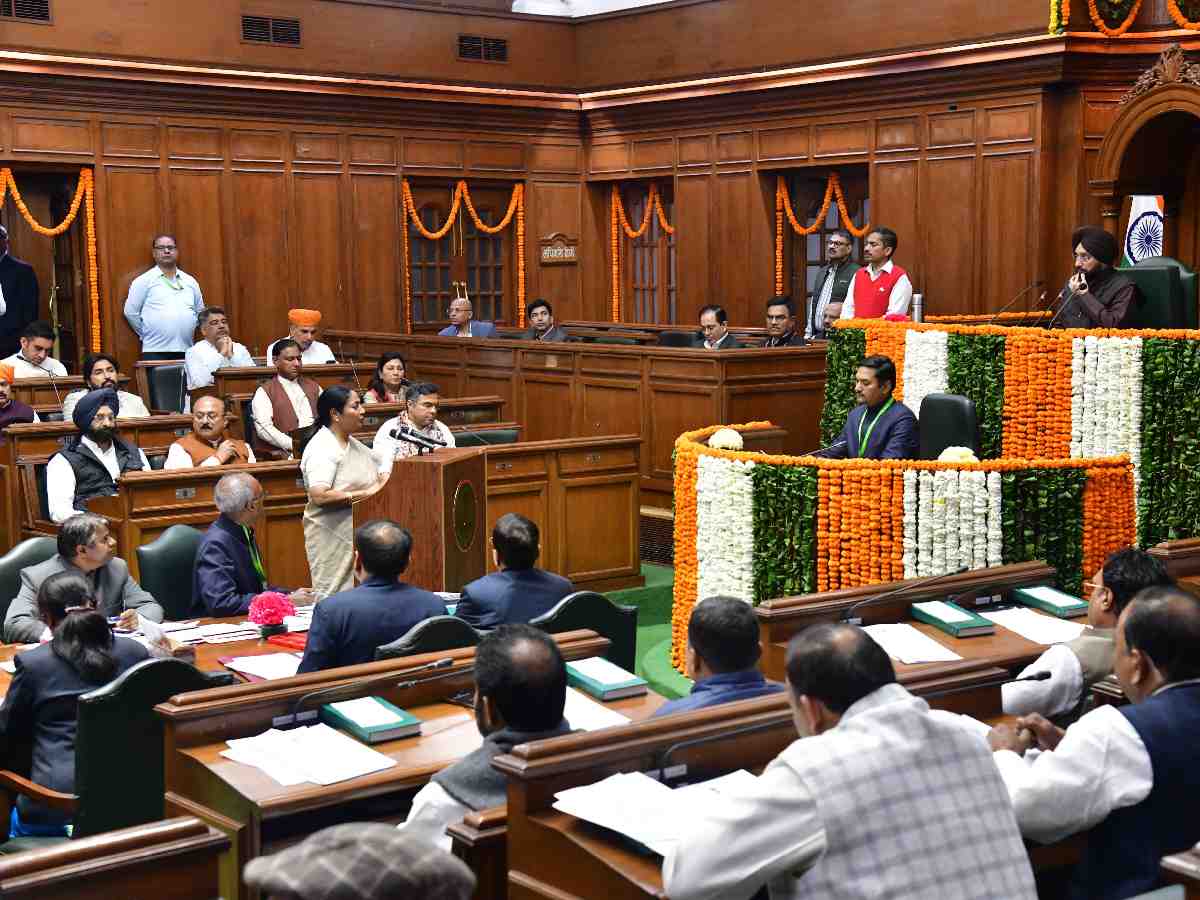
.jpg)
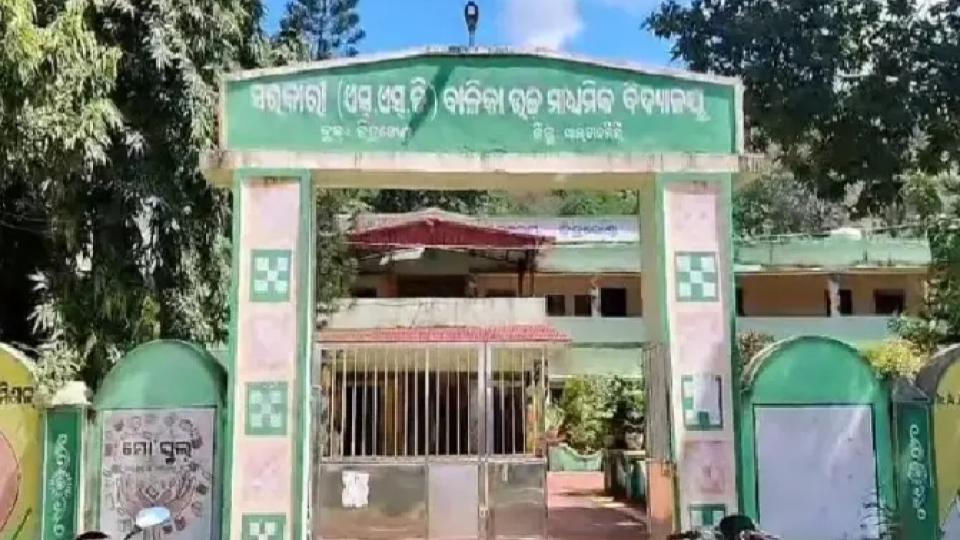
.jpg)
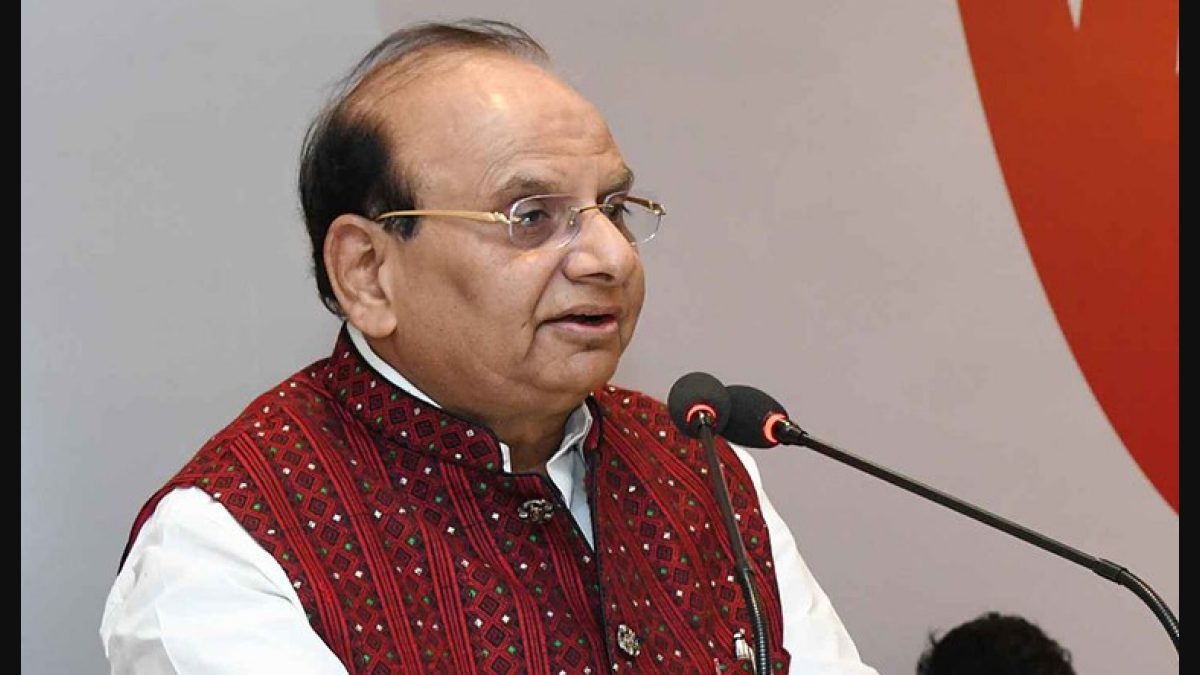

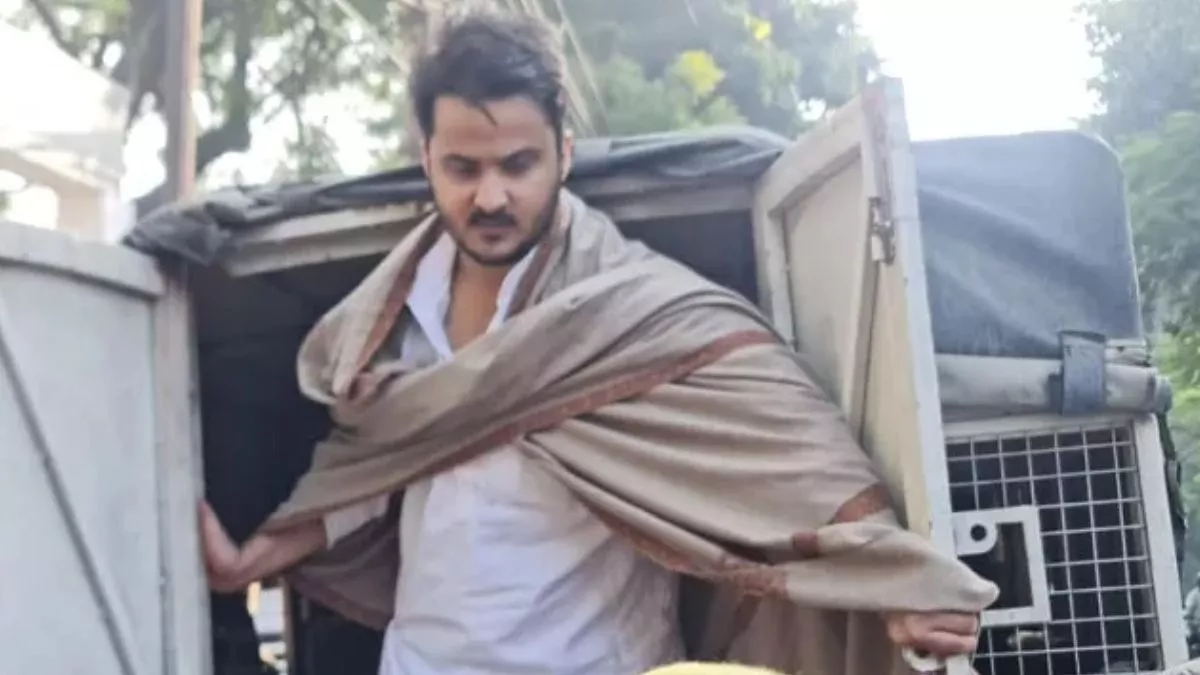

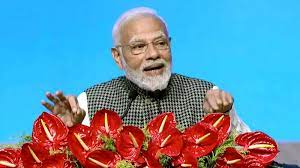
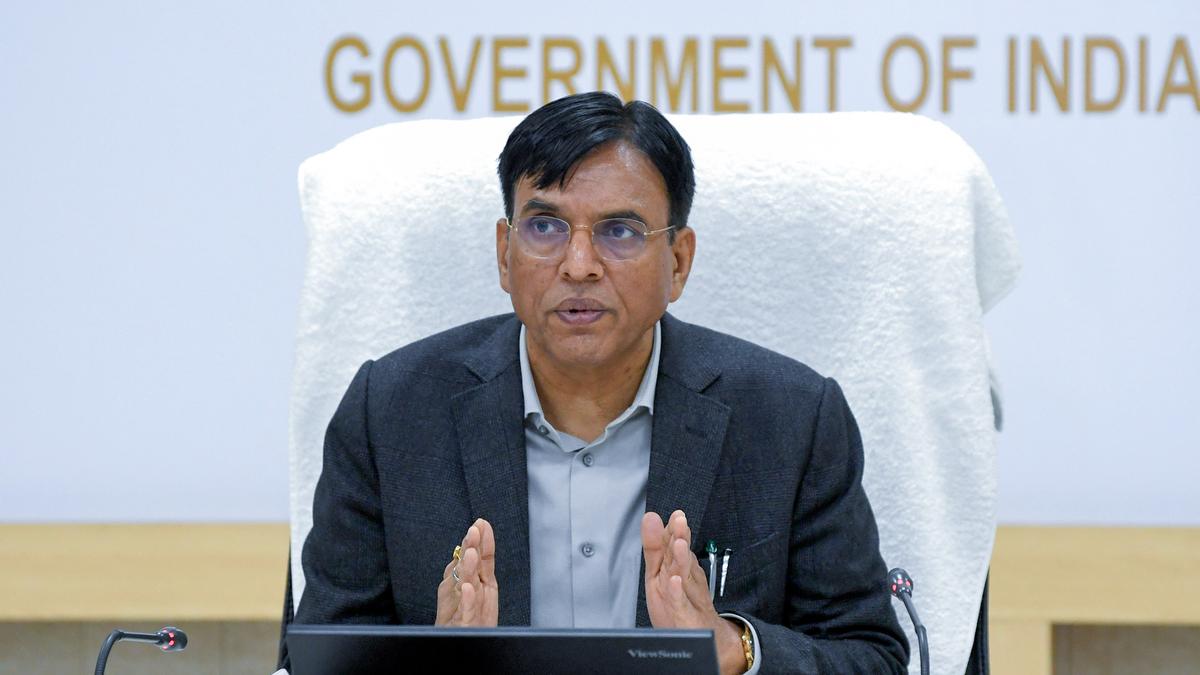
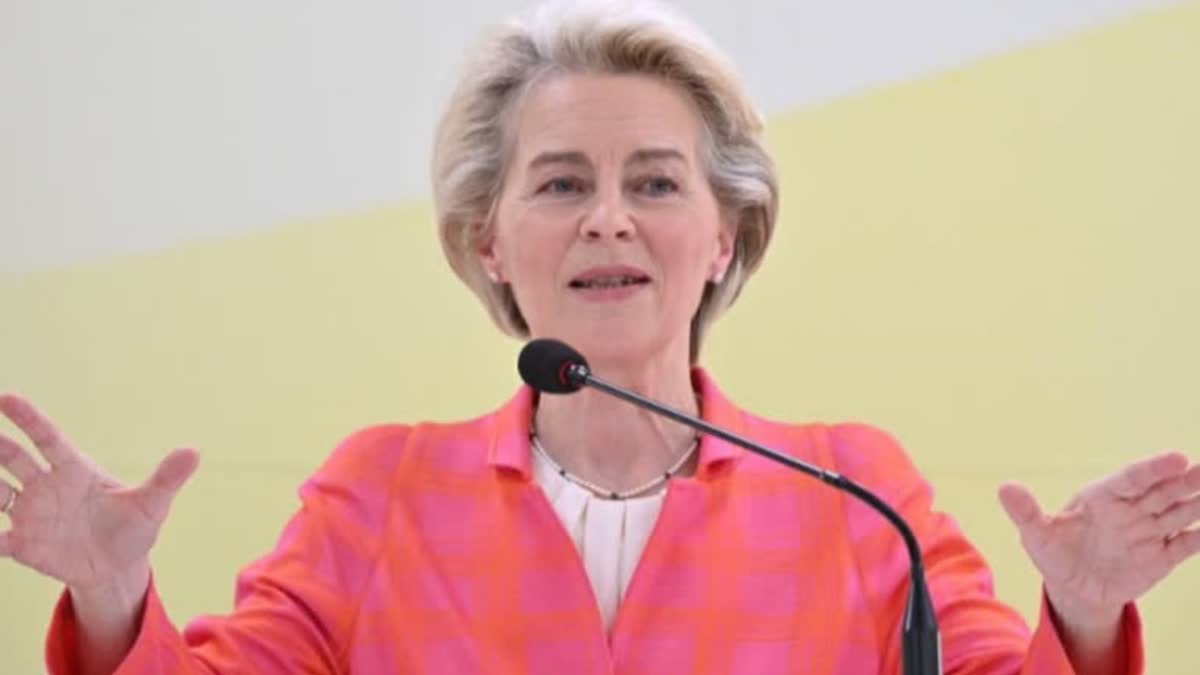
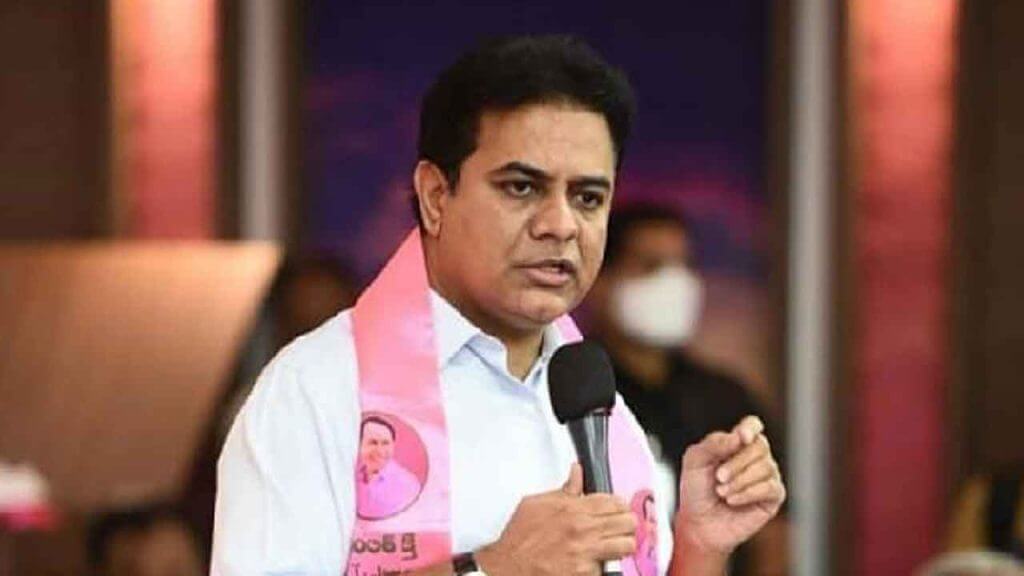
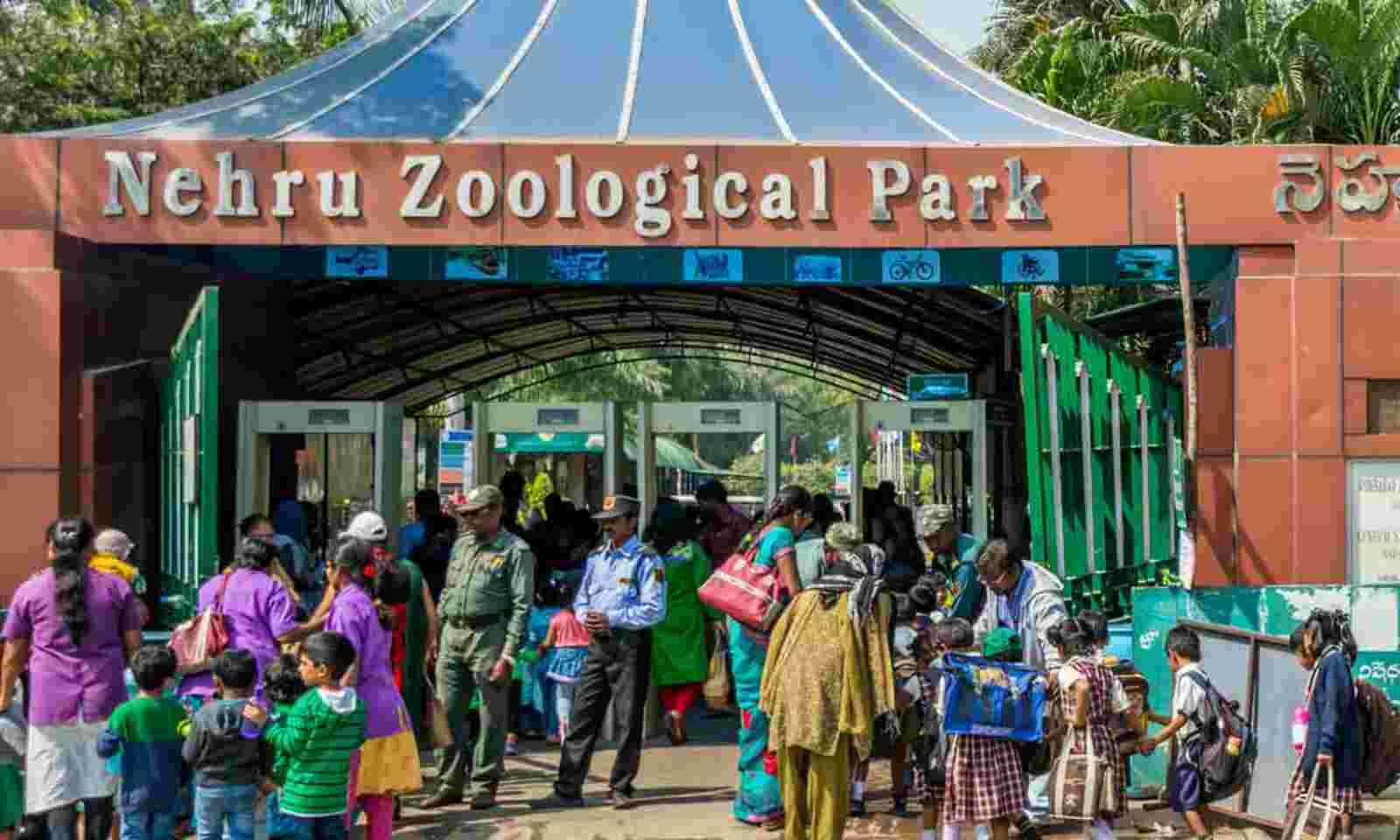
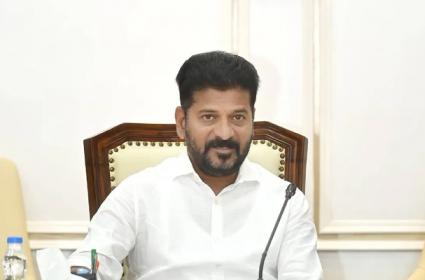
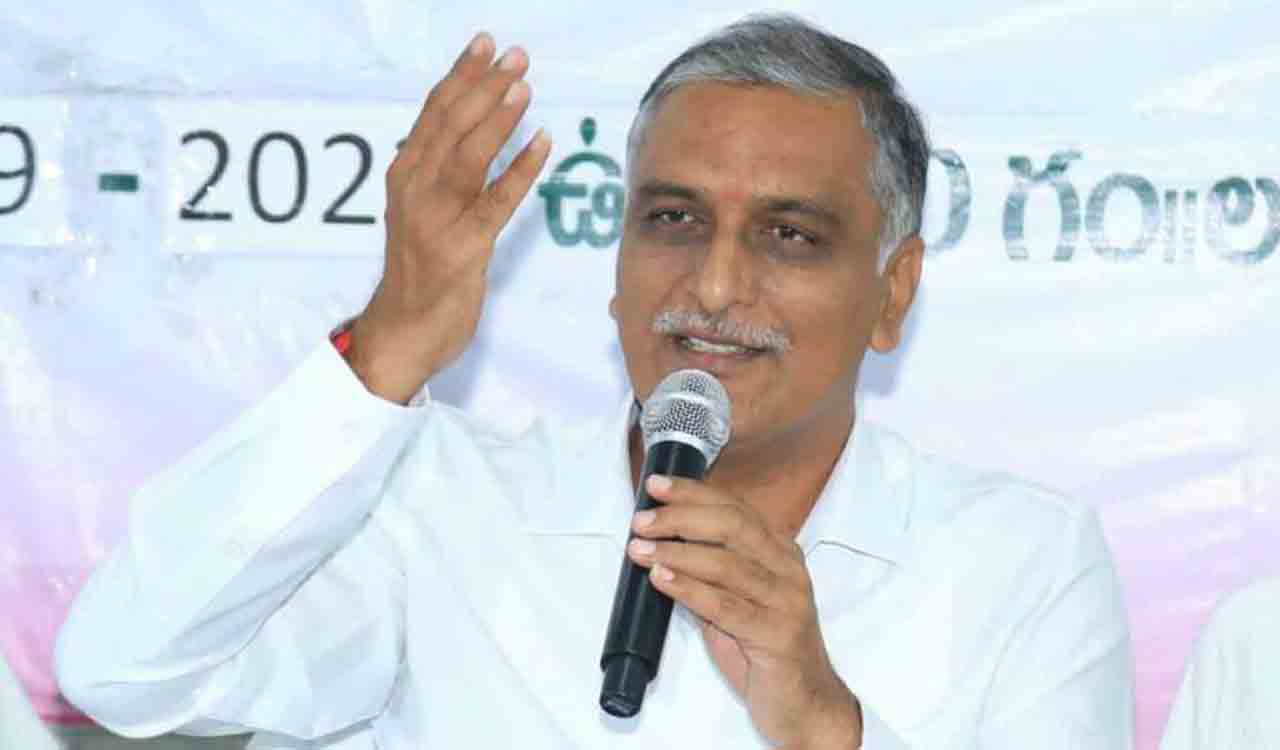
.jpg)
.jpg)
.jpg)
.jpg)
.jpg)
.jpg)
.jpg)
.jpg)

